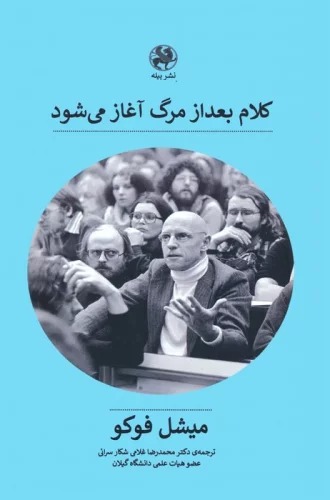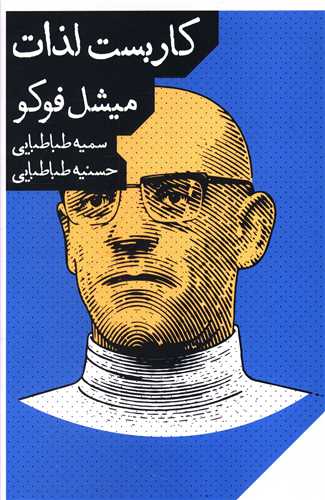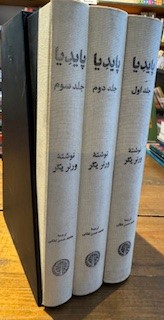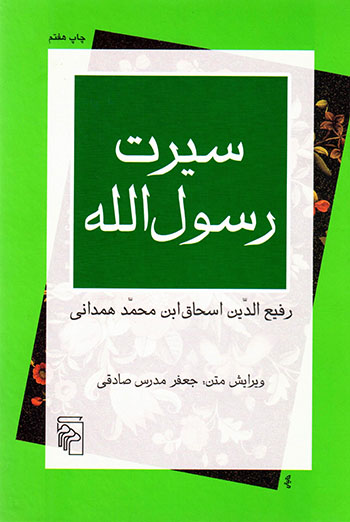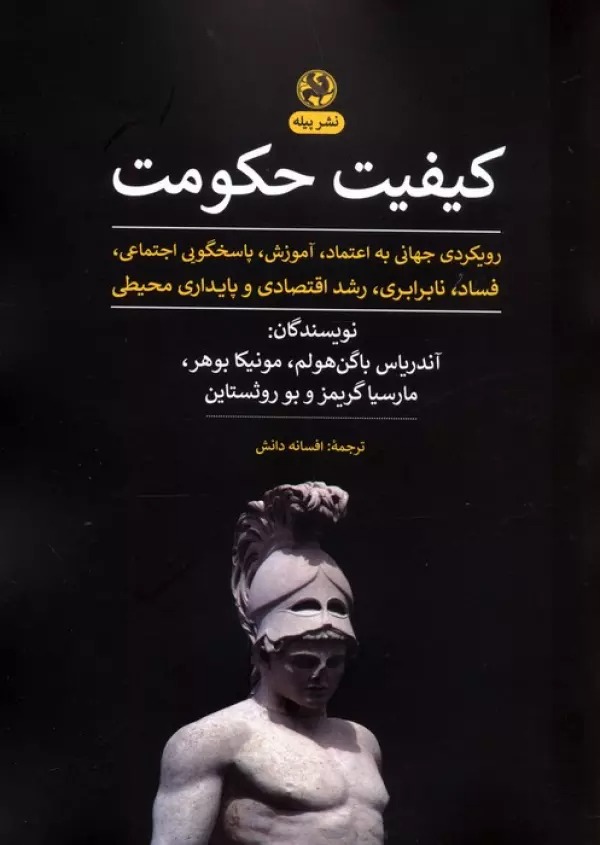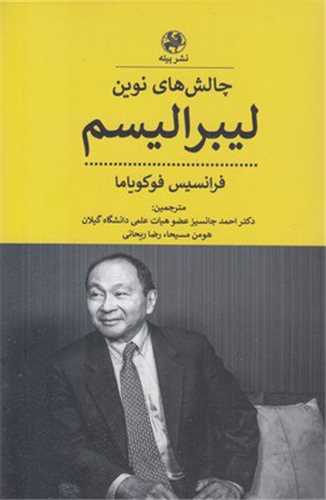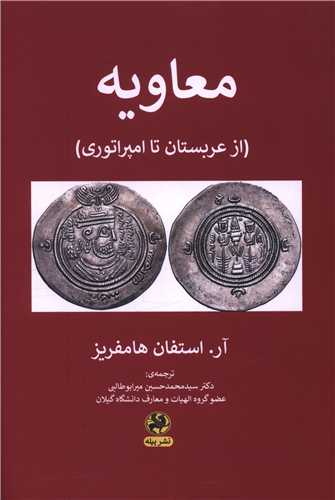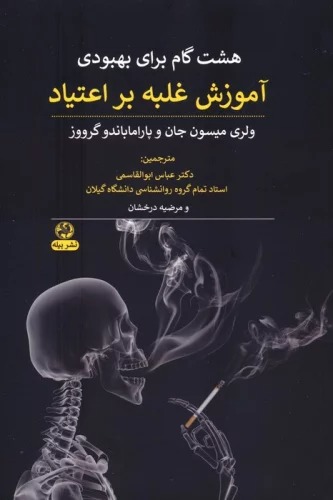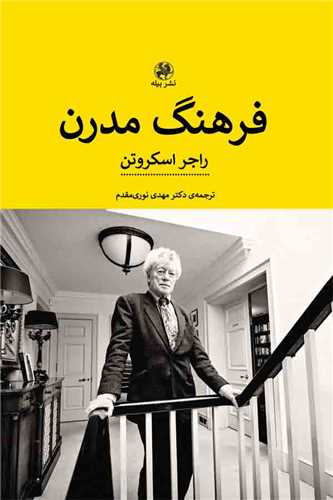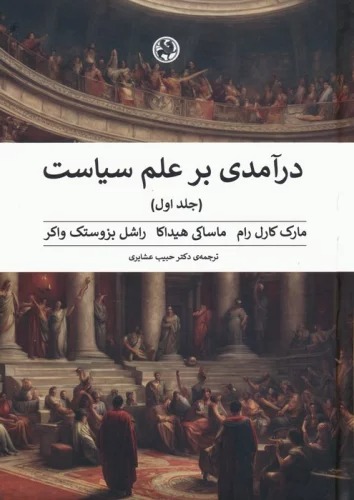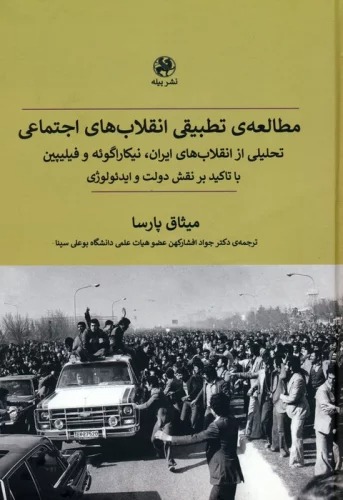Kalām Ba'd az Marg Āghāz Mī'shavad: Persiska (Farsi) 1403
کلام بعد از مرگ آغاز می شود
139 SEK
Dela
Wishlist
Originaltitel:
Beau danger
ISBN:
9786227620856
Översättare:
Muḥammad Riz̤ā Ghulāmī Shikār Sarā'ī
Förlag:
Pileh
Åldersgrupp:
Vuxen
Sidor:
79
Vikt:
90 g
Produktmått:
14 x 21 x 0
,
8 cm
Bokomslag:
Pocketbok
An interview with Michel Foucault on the problems and pleasures of writing
Speech Begins after Death is a transcript of critic Claude Bonnefoy’s interview with Michel Foucault in which the renown theorist reflects on his approach to the written word throughout his life, from his school days to his discovery of the pleasure of writing. This is one of Foucault’s most personal statements about his life and writing.
In 1968, Michel Foucault agreed to a series of interviews with critic Claude Bonnefoy, which were to be published in book form. Bonnefoy wanted a dialogue with Foucault about his relationship to writing rather than about the content of his books. The project was abandoned, but a transcript of the initial interview survived and is now being published for the first time in English. In this brief and lively exchange, Foucault reflects on how he approached the written word throughout his life, from his school days to his discovery of the pleasure of writing.
Wide ranging, characteristically insightful, and unexpectedly autobiographical, the discussion is revelatory of Foucault’s intellectual development, his aims as a writer, his clinical methodology (“let’s say I’m a diagnostician”), and his interest in other authors, including Raymond Roussel and Antonin Artaud. Foucault discloses, in ways he never had previously, details about his home life, his family history, and the profound sense of obligation he feels to the act of writing. In his Introduction, Philippe Artières investigates Foucault’s engagement in various forms of oral discourse—lectures, speeches, debates, press conferences, and interviews—and their place in his work.
Speech Begins after Death shows Foucault adopting a new language, an innovative autobiographical communication that is neither conversation nor monologue, and is one of his most personal statements about his life and work.
more
کتاب «کلام بعد از مرگ آغاز میشود» بر اساس مجموعهای از مصاحبههایی است که در سال 1968 توسط کلود بونفوی، منتقد ادبی، با میشل فوکو انجام شده است، که بهجای پرسش از محتوای آثار فوکو، به دنبال بررسی نظر فوکو دربارۀ خود نوشتن است. اگرچه این پروژه در ابتدا رها شد، متن این مصاحبهها بعدا منتشر شد و نگاهی نادر به اندیشه های شخصی فوکو را نشان می داد. فوکو در «کلام بعد از مرگ آغاز میشود» برخی از شخصیترین گفتههای خود را درباره زندگی و نوشتههاش ارائه میکند. او تجربیات اولیه خود را در مواجهه با ادبیات و فلسفه، دوران آکادمیک خود و تأثیراتی که تفکر او را شکل داده است، مورد بحث قرار می دهد. این عناصر اتوبیوگرافیک، این کتاب را در نوع خود منحصر به فرد کرده است، زیرا فوکو به ندرت در مورد زندگی شخصی خود در سایر آثارش چیزی نوشته است. فوکو در اینجا بر خود عمل نوشتن تأمل می کند و آن را فرآیندی پیچیده و چندوجهی توصیف می کند. او نوشتن را نه تنها به عنوان یک وسیله ارتباطی، بلکه به عنوان عملی که مستلزم درگیری عمیق با زبان و اندیشه است، میبیند. موضوعی که در بیانات فوکو تکرار می شود، رابطه زبان و قدرت است. در این مصاحبهها، او به تفصیل توضیح میدهد که چگونه زبان میتواند حقایق را هم آشکار و هم پنهان کند و چگونه از آن برای اعمال کنترل و نفوذ استفاده میشود. تحلیل فوکو از زبان عمیقا با تحقیقات فلسفی گستردهتر او در مورد دانش، قدرت و جامعه در هم تنیده است. فوکو همچنین درباره رشد فکری خود، از جمله درگیر شدن با اشکال مختلف گفتمان شفاهی مانند سخنرانی ها، جلسات، مناظره ها و کنفرانس های مطبوعاتی صحبت می کند. او به این فکر می کند که چگونه این اشکال مختلف ارتباط بر تفکر و نوشتن او تأثیر گذاشته است. او همچنین در طول مصاحبهها از چندین نویسنده از جمله ریموند روسل و آنتونین آرتو نام میبرد که بر او تأثیر گذاشتهاند.
more

